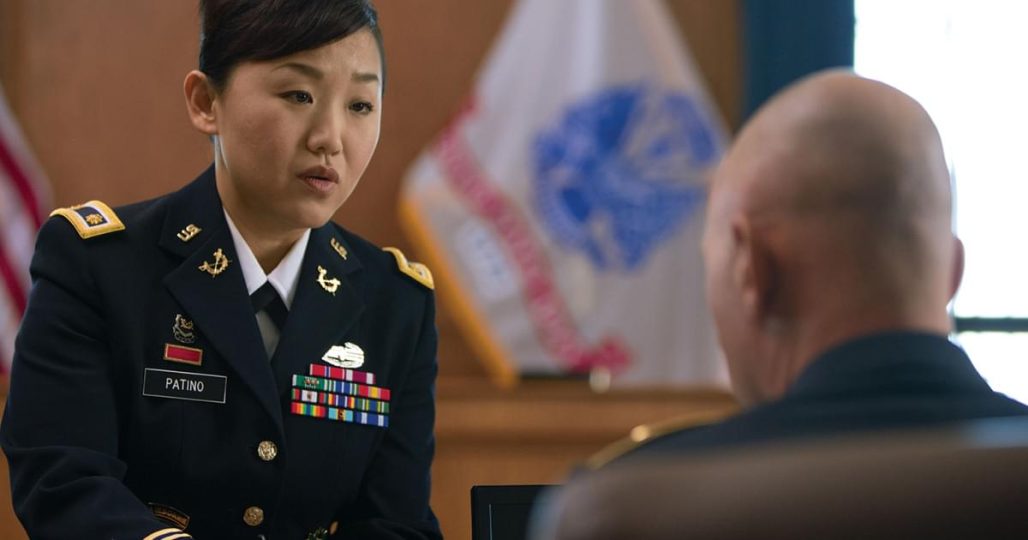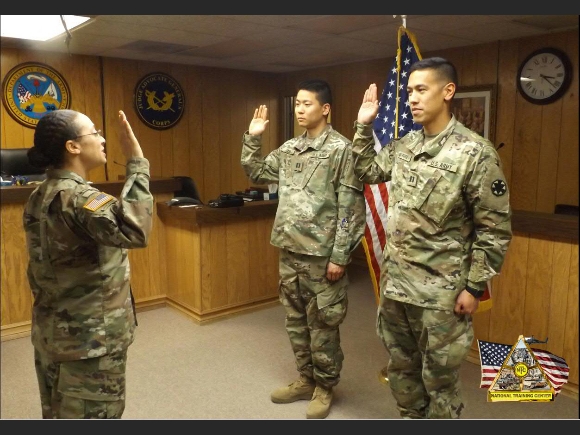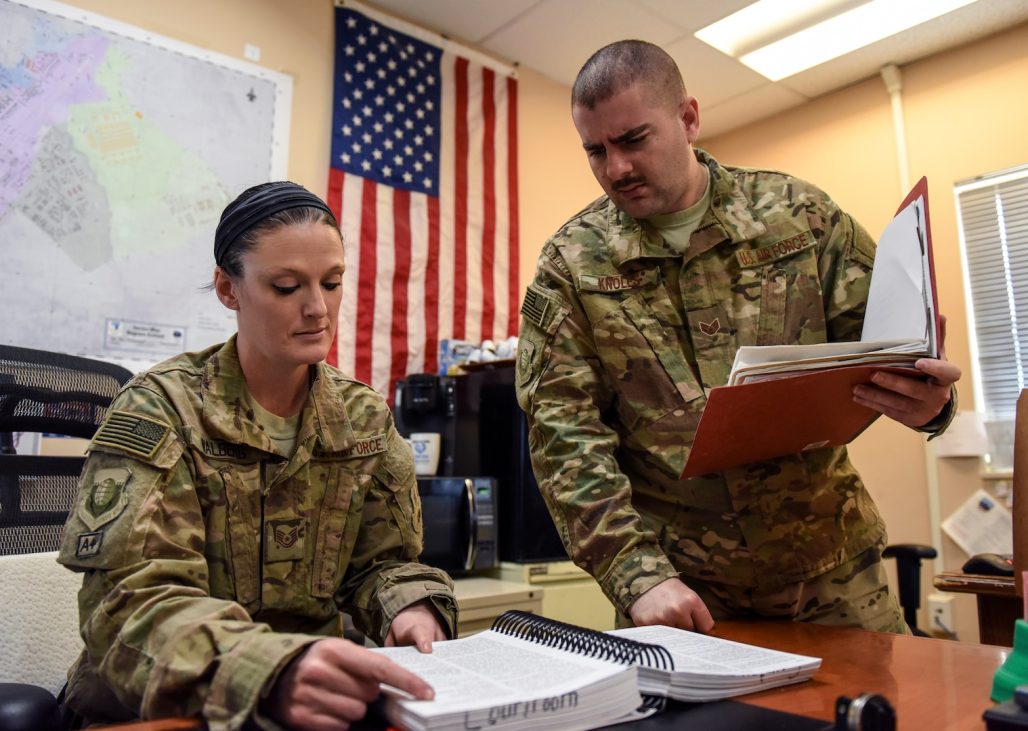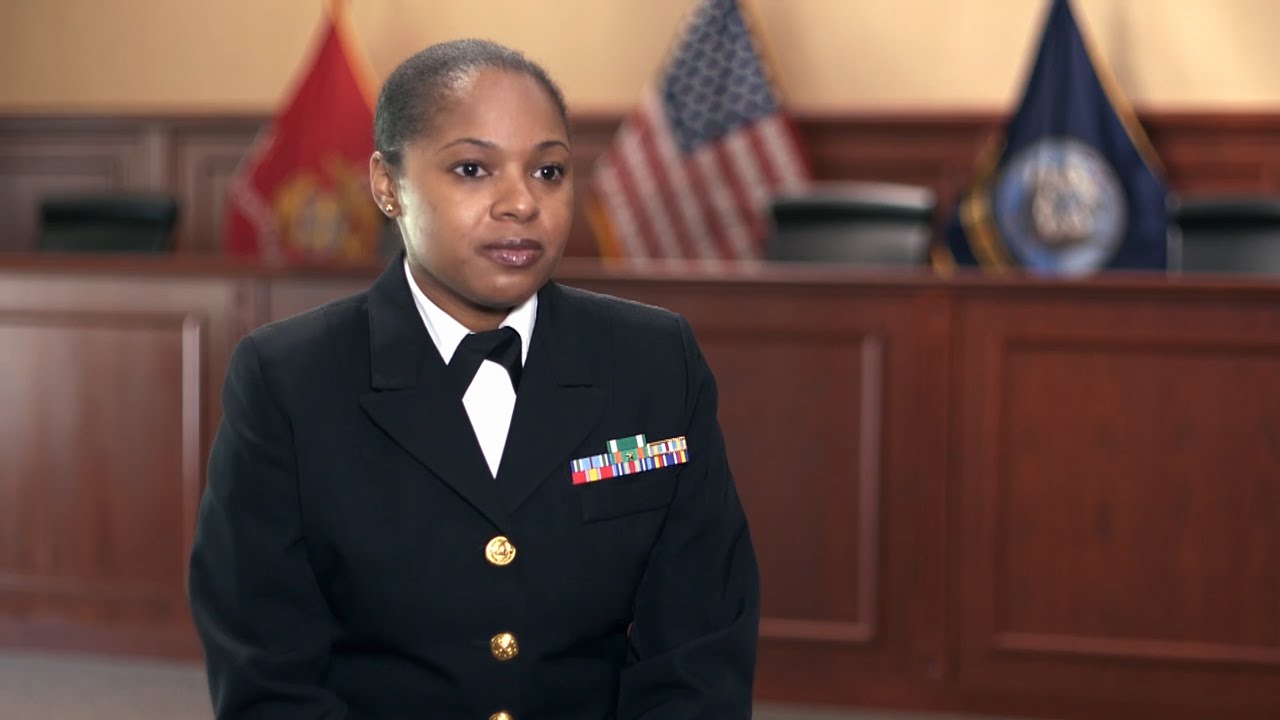JAG Defense and Military Law
Contents
Military justice in the United States of America is governed by the Uniform Code of Military Justice (UCMJ). Personnel who are accused of crimes in the armed forces of the United States are prosecuted, defended, and judged by officers of the Judge Advocate General Corps (JAG). Members of the jury (which, like the trial itself, is known as a “court-martial”) are also military officers. In a court-martial, both the prosecutor and the defense attorney must be completely familiar with the UCMJ and its application to whatever the alleged offense.
What is a Military Attorney?
Military lawyers, also known as Judge Advocate General (JAG) officers, play a crucial role in the military justice system. Their expertise and legal acumen are essential in ensuring fair and just proceedings within the military ranks. But what exactly does a military lawyer do, and how do they contribute to the overall functioning of the military justice system?

A military lawyer is a legal professional who serves within the military, providing legal counsel and representation to service members. These dedicated individuals are responsible for upholding the principles of justice and maintaining discipline within the military community. They handle a wide range of legal matters unique to the armed forces, including military law, international law, administrative law, and more.
One of the primary responsibilities of military lawyers is to advise and guide military commanders on legal issues. They assist in making informed decisions that align with the military’s legal framework and ensure compliance with applicable laws and regulations. This can include advising commanders on matters such as disciplinary actions, investigations, and military operations conducted within the boundaries of international law.
In addition to their advisory role, military lawyers also serve as prosecutors or defense attorneys in military court-martial. These specialized courts deal with the prosecution and adjudication of military offenses, ranging from minor disciplinary infractions to serious criminal offenses. Military lawyers on both sides of the courtroom work tirelessly to ensure due process, protect the rights of the accused, and maintain the integrity of the military justice system.
military lawyers are involved in various legal matters outside the courtroom. They assist service members with legal issues such as estate planning, family law matters, and contracts. Their expertise extends beyond the realm of military justice, providing comprehensive legal support to military personnel and their families.
Facts about Military Law
Military lawyers deal with all aspects of legal cases involving the armed forces, more specifically the military. If a military representative is involved in a legal case, a military lawyer is called upon for legal advice. Military attorneys do not only give advice but can also defend their clients against military-related cases. Cases involving the military can be very serious, therefore a military lawyer should be consulted.

Who are the JAG officers and what do they do?
The JAG Corps, also known as the Judge Advocate General’s Corps, is a vital component of the military legal system. Comprised of highly skilled and dedicated legal professionals, JAG officers play a crucial role in upholding justice within the military.
JAG officers are attorneys who have undergone specialized training to serve in the military legal system. They are not only skilled in the intricacies of military law but also possess a deep understanding of the unique challenges and complexities that arise in the context of military operations.
These officers are responsible for providing legal advice and representation to military personnel, both in times of peace and during times of conflict. Their duties encompass a wide range of legal matters, including military justice, operational law, administrative law, and international law.
In the realm of military justice, JAG officers can act as prosecutors or defense attorneys in military court-martial. They ensure that legal proceedings are conducted fairly and following military laws and regulations. They advocate for the rights of service members and work diligently to protect their interests.
Beyond their legal duties, JAG officers also provide valuable support and guidance to service members in non-legal matters. They assist with legal assistance services, such as estate planning, family law issues, and consumer protection. Their holistic approach to legal support helps military personnel navigate the complexities of both their personal and professional lives.
In essence, JAG officers are the legal backbone of the military, ensuring that justice is served and that the rights of service members are protected. Their unwavering dedication to upholding the law within the military is a testament to their commitment to justice and the principles upon which the military legal system is built.
Challenges and Responsibilities of Military Lawyers
One of the unique challenges military lawyers face is the dual role they play. They not only act as legal advisors and advocates, but they also serve as active-duty military officers. This dual responsibility requires them to balance their legal duties with military obligations, such as following military protocols and adhering to the chain of command.

Military lawyers operate within a unique framework governed by the Uniform Code of Military Justice (UCMJ) and other military regulations. These regulations may differ from civilian laws in several aspects, as they are tailored to address the specific needs and challenges faced by the military community. Military lawyers must possess a deep understanding of these specialized laws and regulations to effectively represent their clients and provide sound legal counsel.
The responsibilities of military lawyers extend beyond the courtroom. They often serve as a bridge between the military and civilian legal systems, collaborating with civilian attorneys, law enforcement agencies, and international partners to ensure effective legal operations. They also play a crucial role in advising commanders on the legality of military operations, helping to ensure compliance with international humanitarian law and rules of engagement.
Military Justice System: How it differs from Civilian Law
The military justice system is a fascinating and unique aspect of legal practice that sets it apart from the civilian law many of us are more familiar with. Understanding the key differences between the two is crucial for anyone interested in the world of military lawyers and the important role they play in ensuring justice is served within the armed forces.
One of the fundamental distinctions between the military justice system and civilian law is jurisdiction. The military justice system operates within its separate legal framework, governed by the Uniform Code of Military Justice (UCMJ). This code outlines the rules and regulations that govern the behavior and conduct of military personnel, as well as the procedures for handling legal matters within the military.
In contrast to civilian courts, military justice is administered by military courts-martial, which are composed of military officers acting as judges and a jury of military personnel. These courts handle a wide range of offenses, including but not limited to, military-specific crimes such as insubordination, desertion, disobeying orders, and misconduct.
Another significant difference is the disciplinary measures and consequences that can be imposed under the military justice system. In addition to traditional punishments like fines and imprisonment, military courts have the authority to enforce non-judicial punishments, known as Article 15s, which can include reduction in rank, extra duties, loss of pay, and reprimands.
Power of JAG Defense
When it comes to the legal system within the military, service members have a unique advantage – the power of JAG defense. JAG, which stands for Judge Advocate General, refers to the dedicated group of military lawyers who serve as advocates for service members facing legal issues.
These JAG attorneys are not your typical lawyers. They possess a deep understanding of military law and the intricate workings of the military justice system. With their specialized knowledge, they can navigate through the complexities of military regulations, policies, and procedures to provide the best possible defense for their clients.
JAG defense is not limited to just representing service members in legal proceedings. These attorneys also play a crucial role in providing legal advice and guidance to service members on various matters such as military regulations, disciplinary actions, administrative processes, and more. They serve as trusted advisors, helping service members navigate the complex legal landscape of the military.
Military Courtroom
An inside look at the military courtroom provides a fascinating glimpse into the world of trials and legal proceedings within the military justice system. Those who serve as military lawyers, also known as Judge Advocate General (JAG) officers, play a critical role in ensuring justice is served and maintaining discipline within the armed forces.
Military trials differ from civilian trials in several ways. The Uniform Code of Military Justice (UCMJ) governs the legal proceedings and establishes the framework for military law. Military trials often take place on military installations and may be presided over by a military judge or a panel of military officers.
One notable distinction is the composition of the jury. In civilian trials, the jury is typically composed of civilians from the local community. However, in military trials, the panel is made up of military officers who are selected based on their rank and experience. This unique aspect brings a different perspective to the courtroom, as those serving on the panel have firsthand knowledge of military life and the challenges faced by service members.
The military courtroom also follows specific rules and procedures tailored to the unique needs of the armed forces. These procedures ensure the efficient administration of justice while upholding the principles of fairness and due process. From the presentation of evidence to the examination of witnesses, every aspect of the trial is carefully regulated to ensure a fair and impartial process.
Uniform Code of Military Justice (UCMJ)
The UCMJ serves as the foundation for military justice in the United States Armed Forces. It outlines the laws and regulations that govern the conduct of military personnel, providing a comprehensive framework to maintain discipline, order, and accountability within the military community.
Key aspects of the UCMJ include a wide range of offenses, from minor infractions to serious crimes. These offenses cover areas such as dereliction of duty, fraud, theft, assault, and even capital offenses like murder. Military lawyers must have a thorough understanding of the UCMJ to interpret and apply its provisions appropriately.
One notable feature of the UCMJ is the system of military courts-martial. These courts operate similarly to civilian criminal courts but with specific military procedures and rules. Service members accused of offenses under the UCMJ can face trial by court-martial, where they are entitled to legal representation by a JAG defense attorney.
The UCMJ also addresses the rights and protections afforded to service members during the legal process. These include the right to legal counsel, the right to remain silent, and the right to a fair and impartial trial. Military lawyers play a crucial role in safeguarding these rights and ensuring that service members receive due process under the UCMJ.
Understanding the nuances of the UCMJ requires extensive knowledge and experience in military law. Military lawyers, specifically JAG defense attorneys, possess the expertise to navigate the complexities of the UCMJ and provide effective legal representation to service members facing legal challenges.
Final Word
We hope you found our post on military lawyers and the power of JAG defense and military law intriguing. The world of military law is a complex and fascinating one, and it’s important to understand the vital role that military lawyers play in ensuring justice and upholding the rights of service members. Whether you are a member of the military or simply interested in learning more about this unique field, we hope that our article has shed some light on the importance and impact of JAG defense and military law. Thank you for reading, and remember to salute our brave military lawyers for their dedication and service.

